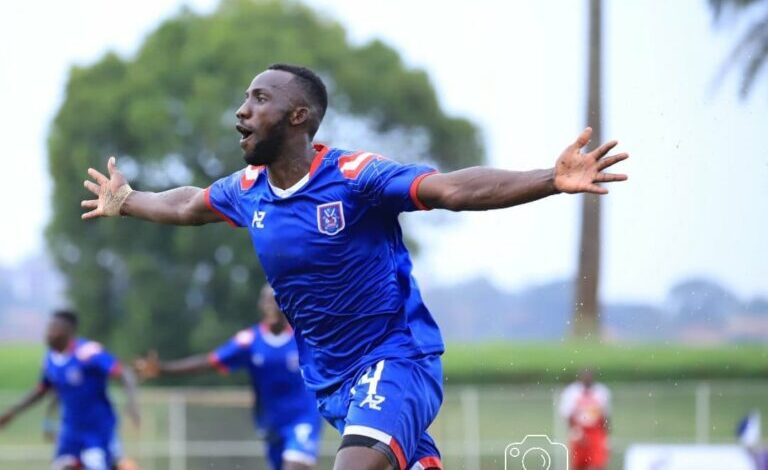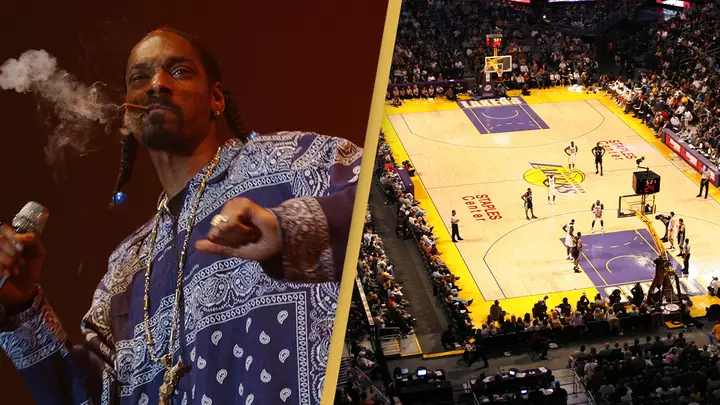When Nigerian rapper MI Abaga dropped the track “You Rappers Should Fix Up Your Lives” in 2018; it was taken as two things: that Nigerian rappers were unimportant and uninspired, and that South African hip hop had overtaken the genre in the country. Unsurprisingly, many of his peers took it as an insult, and some of them let him know.
Maybe they weren’t getting “killed” literally because, skills-wise, Nigerian rappers rank among the finest in the world. But suppose the top dawgs on the Naija hip hop scene were beefing over brand endorsements and whatnot, and Cassper Nyovest was selling out 40,000 – 70,000 capacity stadiums.
In that case, SA has the edge over their Nigerian contemporaries. The only Nigerian rapper that has attempted that feat is Phyno, who had a series of concerts at a 22,000-capacity stadium twice. The kicker? Phyno had been accused of going “pop” and mostly singing on his songs.
The point is: over the last decade, the hip-hop genre in Nigeria has taken a backseat to the more modern, more popular Afrobeats. I was once hosted on a music roundtable debate at a one Kampala based radio station that sought to discuss the shortage of indigenous music in Africa.
My opening statement was met with considerable disagreement, and what did I say? Not much, except when the world audience thinks of Nigerian music, they think of Afrobeats stars. Most disagreed with me, but I know I’m right, and you only need to Google “Nigerian music” to see if I’m not. Although the current wave of Afrobeats was birthed by hip hop, the older genre is not as influential as it once was.
In 2021 I was once again hosted, and my host, who had worked on a one radio station in Kenya for some ten years, wanted to know how come Afrobeats is the most popular genre in Nigeria and across Africa while expressing social dissatisfaction that even in Nairobi, Nigerian Afrobeats music gets more airtime than local acts, especially local hip hop acts.
There wasn’t one single answer, and there still isn’t: Afrobeats has grown exponentially more than other genres and, just like hip hop itself, usurped its Nigerian predecessors (i.e. reggae, ragga and discos) that were the rage in the 80s and early 90s, the music of today has overtaken the ones that came before it. It was the same thing when I visited Togo in West Africa. Afrobeats is inescapable, and you can tell by global attention now that it will most likely be here for a long, long time.
The chasm isn’t as glaring in South Africa. My theory when the conversation about hip-hop culture comes up is that South Africa has more in common with the United States than Nigeria does from a societal standpoint.
The inner cities, aka projects and townships, respectively are similar in that they’re almost exclusively black, albeit not by choice. The inequality and state-implemented racist policies ensured that white people lived better than blacks, and the discriminated peoples of America and South Africa have had to use them as a form of escape and protest. The growth of hip hop worldwide made it a ready home, just like it did in Nigeria. Unlike Nigeria, South Africa appears to have done a better job embracing other elements of hip hop, such as breakdancing and graffiti.
That said, even South Africa is not immune to the wave of melodies and rhythm which Afrobeats has become. Some of the biggest rappers, led by Nasty C, have started incorporating melodies in their raps. Yes, I am aware that that does not make them any less of a rapper or that their careers will change completely towards singing; what it means is that there’s a global shift towards these types of melodies, and rappers are starting to embrace it.


